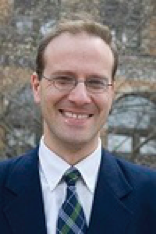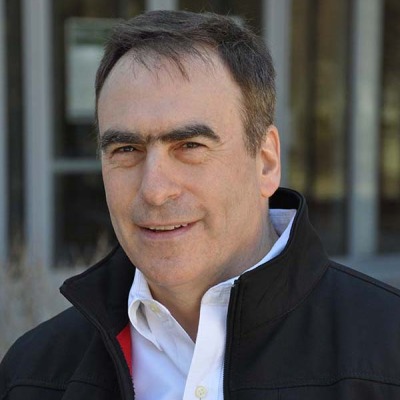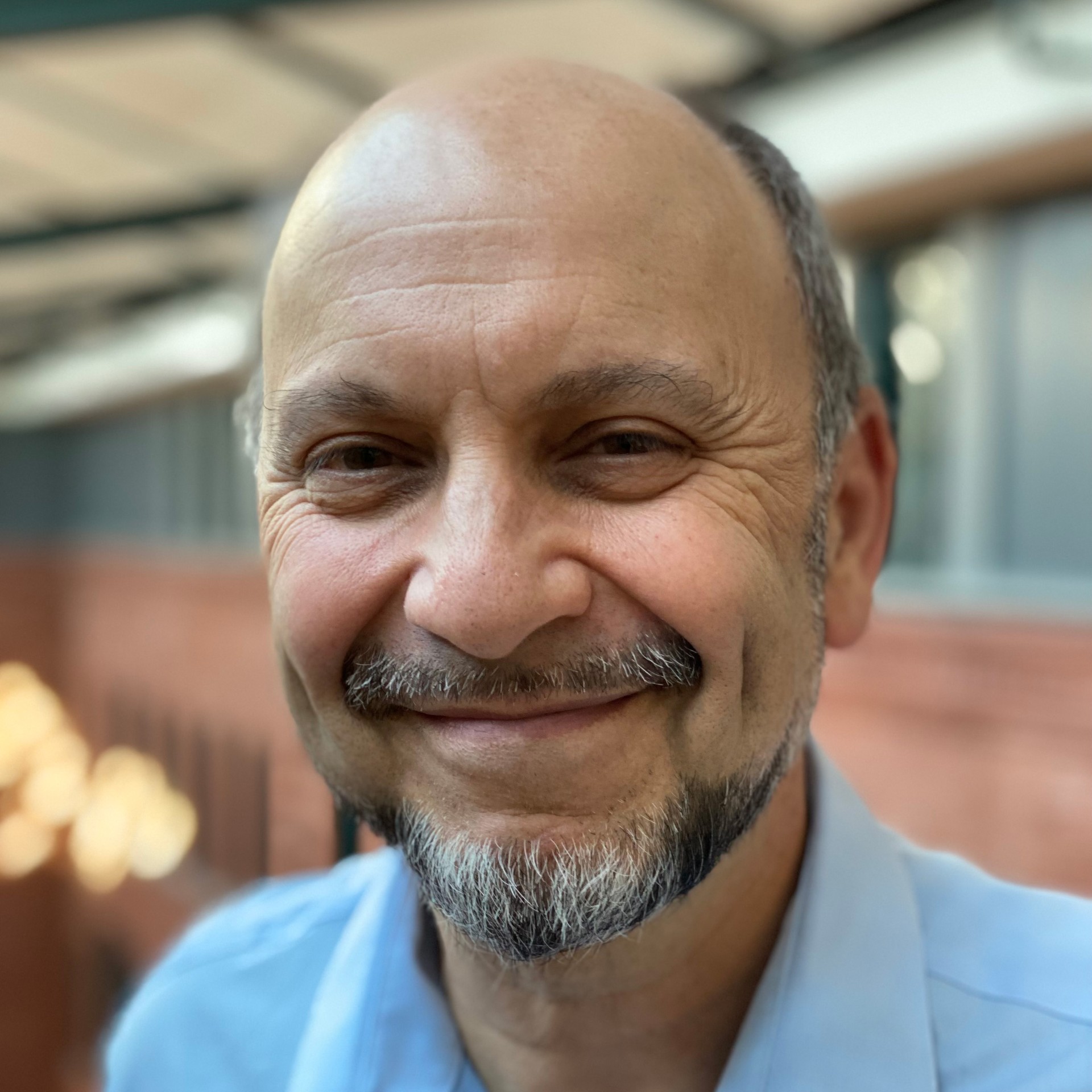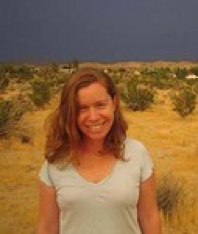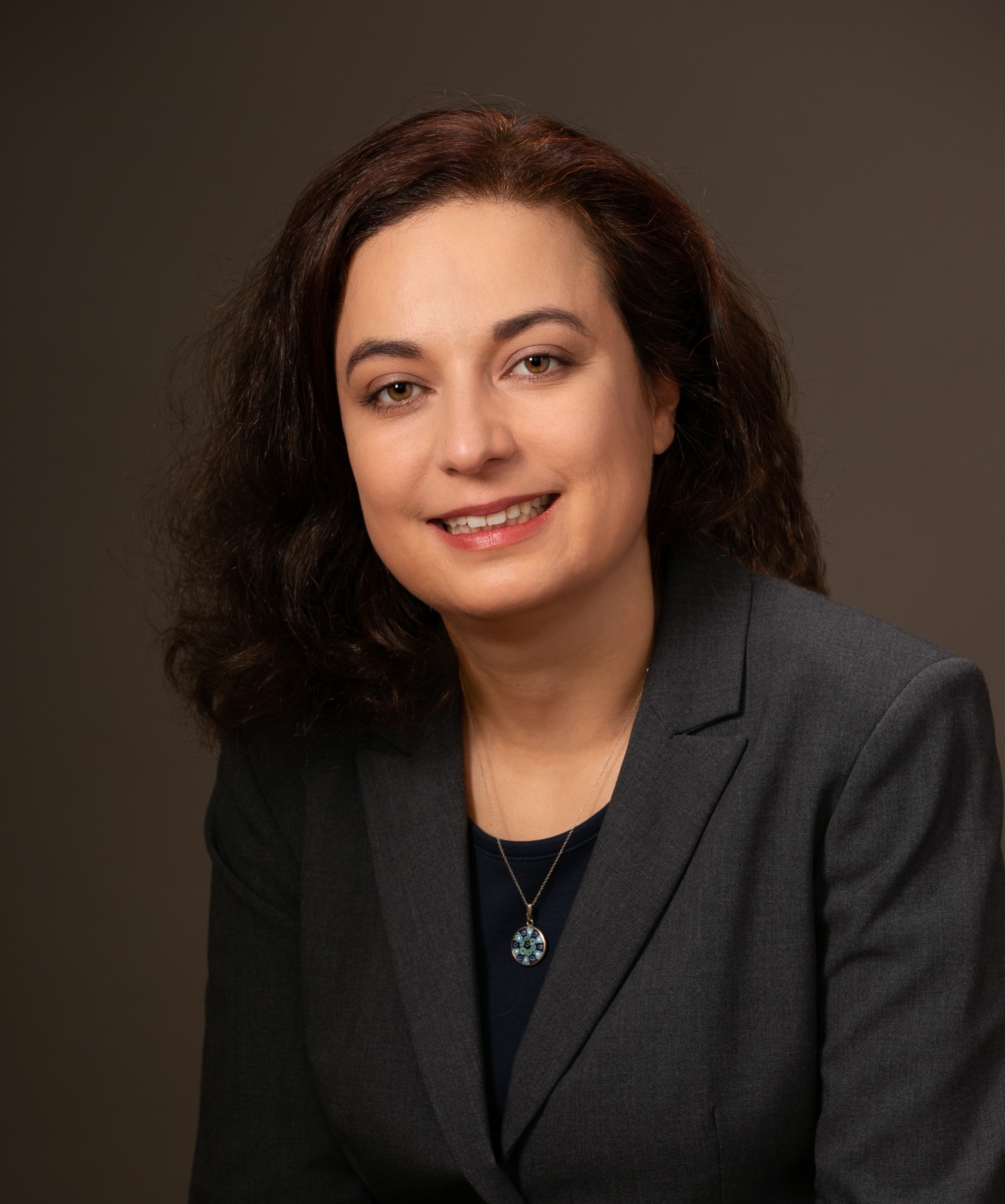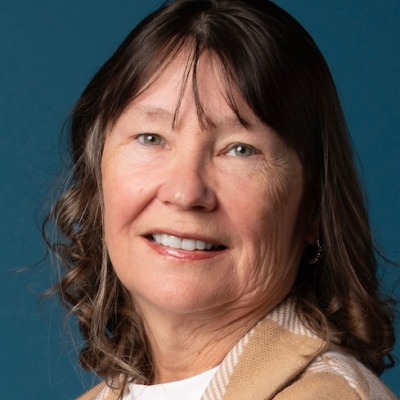Faculty
Brad Austin received his PhD in history from Ohio State University. He is currently the secondary education coordinator for the history department, where he also teaches a variety of US history, world history, and pedagogy classes. He published Democratic Sports: Men's and Women's College Sports During the Great Depression (University of Arkansas Press, 2015) and has co-edited Understanding and Teaching the Vietnam War(University of Wisconsin Press, 2013). He is a series editor for the University of Wisconsin Press's Harvey Goldberg Series for Understanding and Teaching History. In 2012, the Northeastern Council of Graduate Studies awarded Brad the Graduate Studies Teaching Award.
Born in Varna, Bulgaria and educated at the local French Gymnasium “Frédéric Joliot-Curie,” Dr. Kitanov moved to Finland, where he received his MA and doctorate of theology from the University of Helsinki. In addition to serving as full-time philosophy department faculty at Salem State University, he has also taught philosophy classes at Boston College, Chestnut Hill, MA, and Gordon College, Wenham, MA. His specialty is philosophy of religion and theological ethics with a particular focus on medieval scholastic theology and philosophy. He is also passionate about paleography (the study of ancient and medieval handwriting), and the critical editing of Medieval Latin theological and philosophical texts. He has published on ethics in international and national journals and presented at numerous conferences.
Christopher Mauriello is currently director of the Center for Holocaust and Genocide Studies, graduate coordinator of the Certificate in Holocaust and Genocide Studies and a professor in the history department at Salem State University. He specializes in modern European intellectual and cultural history and teaches undergraduate and graduate courses in contemporary European history, German History, Nazism, WWI and WII and the Holocaust. He is author of Forced Confrontation: The Politics of Dead Bodies in Germany at the End of World War II (Lexington Books, 2017) and is co-author of From Boston to Berlin: A Journey Through WWII in Images and Words (Purdue, 2001). He has also authored numerous articles and presented papers at national and international conferences.
Professor McAndrews received his Ph.D. in social science from Syracuse University and a J.D. from New England Law|Boston with a concentration in international law. He is a founding member of the CHGS and serves on the Executive Board. Dr. McAndrews is a professor of social work and teaches graduate courses on human rights, refugee/asylum law, comparative genocides, social policy, human diversity and community practice. He is an attorney with a specialization in immigration and asylum law, representing refugees from war-torn countries around the world. Dr. McAndrews is a liaison in the U.S. for the El Salvadoran based human rights organization, the ProBusqueda Association, whose mission is to investigate the abductions of children during the civil war in order to assist in their reunification with their families and to work to bring perpetrators to trial. Dr. McAndrews has been the lead faculty member for student trips to El Salvador, and he has been instrumental in developing the Center’s student trips to Rwanda. Dr. McAndrews plays an active role with numerous legal and community organizations for the purpose of advocating for the rights of immigrants and refugees. His research interests are in the areas of post-war transitional justice processes and human rights advocacy.
Eric Metchik received his PhD in psychology from Yale University. He is a professor of criminal justice and former department chair at Salem State University. His main areas of interest are community corrections, technology and the criminal justice system and the motivations and mentality of Holocaust perpetrators. He has been awarded fellowships from the Foundation for the Defense of Democracy and the Whiting Foundation for travel to Israel to study anti-terrorism techniques and Poland for Holocaust-related research. Current research interests also include the design of mentoring programs for at-risk youth and the relationship between college students' service-learning and academic retention and success, supported by a Vision Grant from the Boston Foundation.
Professor Steven Silvern is a cultural-political geographer whose primary research interests have centered on Native American geographies, geography of food systems, connections between environmental sustainability and religion, and Jewish geographies. His research on Native Americans focused on the spatial and cultural politics of Native Americans. He has written extensively on Native treaty rights and explored the spatial and racist ideologies of the anti-Indian sovereignty movement. He recently completed an edited book project on religion, sustainability and place. Professor Silvern authored a paper on the Jewish food movement as part of this project. This project is unique in that it will focus on issues relating social justice, food justice and community identity to local and sustainable food systems. He is now working on a new project that will examine the intersection of religious and spiritual belief systems with climate change and climate change activism. Professor Silvern teaches Geographies of the Holocaust. He has participated in faculty seminars at the Schusterman Summer Institute for Israel Studies (Brandeis University) and the Silberman Faculty Seminar at the U.S Holocaust Memorial Museum.
As Senior Faculty Research Associate for the SSU Center for Holocaust and Genocide Studies and Professor in the English Department, Dr. Young joined the faculty of Salem State in the fall of 2008. She completed her M.A. and PhD in Comparative Literature at the State University of New York, Binghamton, and earned her BA in Art History from California State University, Long Beach. Her current book project, The Forensics of Memorialization, is a culmination of her years of work on memory, art and storytelling. It mainly focuses on artistic production in Yugoslavia and examines how post-war art about the "forensic imagination," the intersection of forensics and aesthetics, is used to construct memory in post-conflict former Yugoslavia. She is also writing a collection of essays on the relationship between landscape, evidence and memory in the wake of trauma from war and civil strife, drawing on the work of a variety of contemporary visual artists. She examines the ethics of "looking" in these times of political uprising, mass violence, and ecological angst. For example, in one section she considers how Diana Matar's photography about Gaddafi's Libya and Fatma Bucak's installation art about Turkish Kurdistan create an aesthetics of loss through contemplative representations and what is called "slow thought." Throughout her career Dr. Young has received substantial support for her research including a grant from the US Embassy in Bosnia and Herzegovina, a Marion and Jasper Whiting Grant, a Mobility Grant from the Spanish government, several fellowships from the United States Holocaust Memorial Museum, and research grants from the Salem State University Center for Research and Creative Activities, among others. With Dr. Paul Lowe (University of the Arts, London) she is the founding co-organizer of the annual conference, Why Remember? Memory and Forgetting in Times of War and Its Aftermath, in Sarajevo, Bosnia and Herzegovina. She has published widely and presented her research throughout the United States, Europe and Latin America. Beyond conducting her own research, her responsibilities for the CHGS include co-organizing the Research Conversations Series, international outreach, and lecturing on the topic of photography and ethics at educator workshops. For the most up-to-date information on her teaching, research and activities please see: Stephenie Young | Salem State University Directory
Staff
Regina Kazyulina is the assistant director of the Center for Holocaust and Genocide Studies and a visiting assistant professor of history. She teaches in the Graduate Certificate Program in Holocaust and Genocide Studies and is the lead investigator of an oral history project focused on the experiences of Russian-speaking refugees in Massachusetts. Her research interests include everyday life under German occupation, the “Holocaust by Bullets,” and the gendered lived experiences of Soviet civilians. Her book, Women Under Suspicion: Fraternization, Espionage, and Punishment in the Soviet Union During World War II (University of Wisconsin, 2025) explores the experiences of non-Jewish women—in the army or resistance, or at home in occupied territories—during and after Nazi occupation. She is also the author of “Women’s Antifascist Resistance on German-Occupied Territory Through the Lens of Soviet Leaflets, 1941-45,” Journal of Contemporary History (2021) and “In Their Words: Soviet Women in the Ranks of Soviet Intelligence During World War Two” in The Eastern Front: War, Myth, and Memory (Routledge, 2024).
Lynn Blayer, Program Assistant
Lynn Blayer has been with Salem State University since 2006, in roles within the School of Education. Currently she is the Program Assistant with the Center for Holocaust and Genocide Studies.


